Macron opens door of his elitist alma mater to the French masses
The two grandest secondary schools in France are in revolt over a move by the president, a former pupil, to force them to take more students who are not from affluent families.
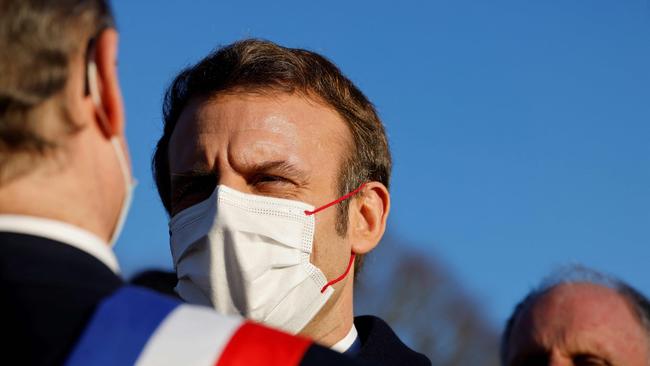
The two grandest secondary schools in France are in revolt over a move by President Macron, a former pupil, to force them to take more students who are not from affluent families.
The Lycee Louis-le-Grand and the Lycee Henri-IV, ancient institutions in the heart of the Latin Quarter, Paris, have been stripped of the right to select their entrants; a privilege they have held as the “temples of excellence” among elite state sixth-form colleges. Selection will in future be based on an the algorithm that was recently applied to public establishments.
Some parents and teachers see the government effort to “desegregate” the schools as a death blow to noble establishments, which have an astonishing roll-call of famous old boys.
Louis-le-Grand, a former Jesuit college founded in the 1560s, educated seven Nobel laureates and three of the past seven presidents. Among its alumni are Moliere, Voltaire, the Marquis de Sade, Victor Hugo, Charles Baudelaire, Eugene Delacroix, Edgar Degas and Jacques Derrida.
Macron attended Henri-IV, founded in 1796 after the Revolution as the first public school, for his last sixth form year and then the two years of “preparatory class” for the competitive entrance examinations to the Grandes Ecoles, the vocational universities that sit at the top of the higher education system.
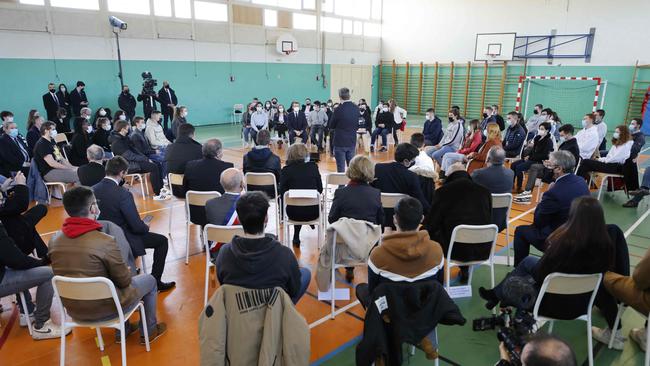
Nearly half the students in the two schools are aged 19 or 20, attending those post-baccalaureate classes. The rigorous selection for these classes remains in the schools’ hands.
Macron’s predecessors at Henri-IV included Jean-Paul Sartre, Rene Descartes, Guy de Maupassant, Andre Gide, winner of the 1947 Nobel literature prize, and Isambard Kingdom Brunel, the British engineer whose French father sent him across the Channel as a teenager in 1820. The schools opened to girls only in the mid-20th century.
Until now the two, roughly equivalent to Eton or Winchester, though free of charge, have chosen their entrants based on recommendations from teachers, the pupils’ records at junior secondary school, or college, a short essay by the applicant. From September intake will be decided by Affelnet, a national platform set up by the education ministry that has been effective in reducing big disparities in performance among schools.
It applies a “social position index” which boosts the chances of pupils with lower-status parents. Schools with a high proportion of parents who are doctors, lawyers, senior managers and civil servants and similar professions are handicapped. “The reform aims to bring more transparency and more equity,” Claire Mazeron, the ministry official in charge of Paris lycees, said.
Parents and teachers at the schools say the reform was announced without warning and it threatens the high standards for which they are a byword. “They are attacking centuries of excellence,” Charles Prats, a judge who was recently on the Henri-IV board, said. “It’s very simple. Everyone here is against it,” he told Le Figaro newspaper.
Jean-Yves Chevalier, a lecturer at Henri-IV, said the aim of “levelling” the performance of all Paris lycees seemed to be intended to bring the two ancient establishments “down to sea level”.
The Times

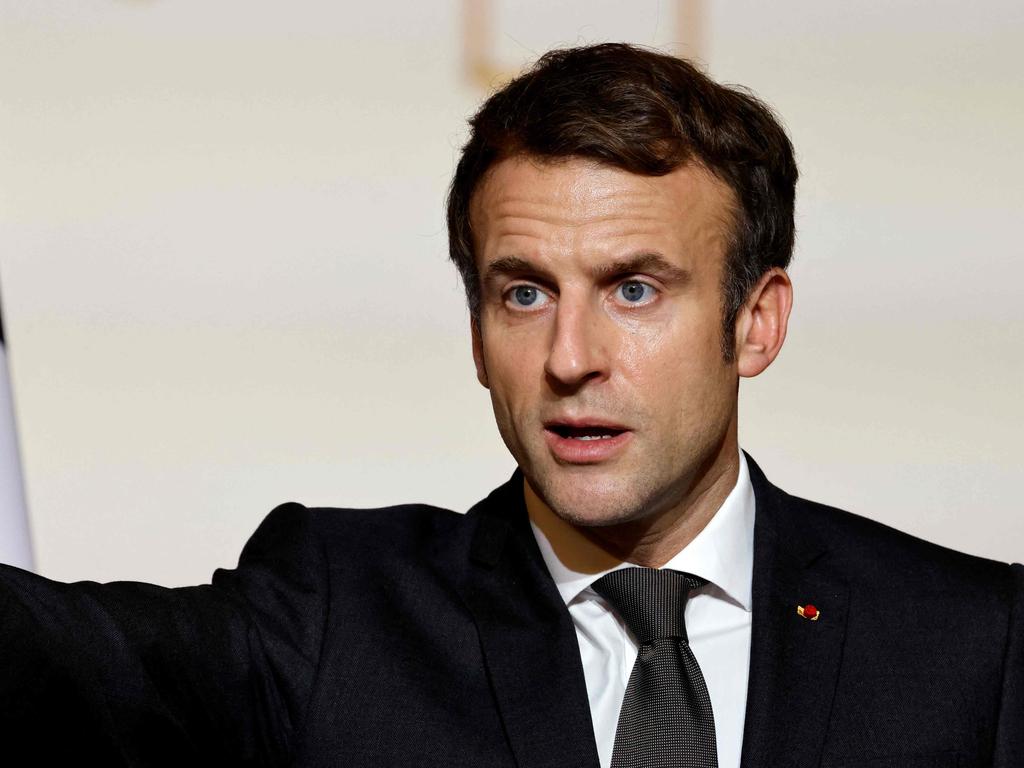

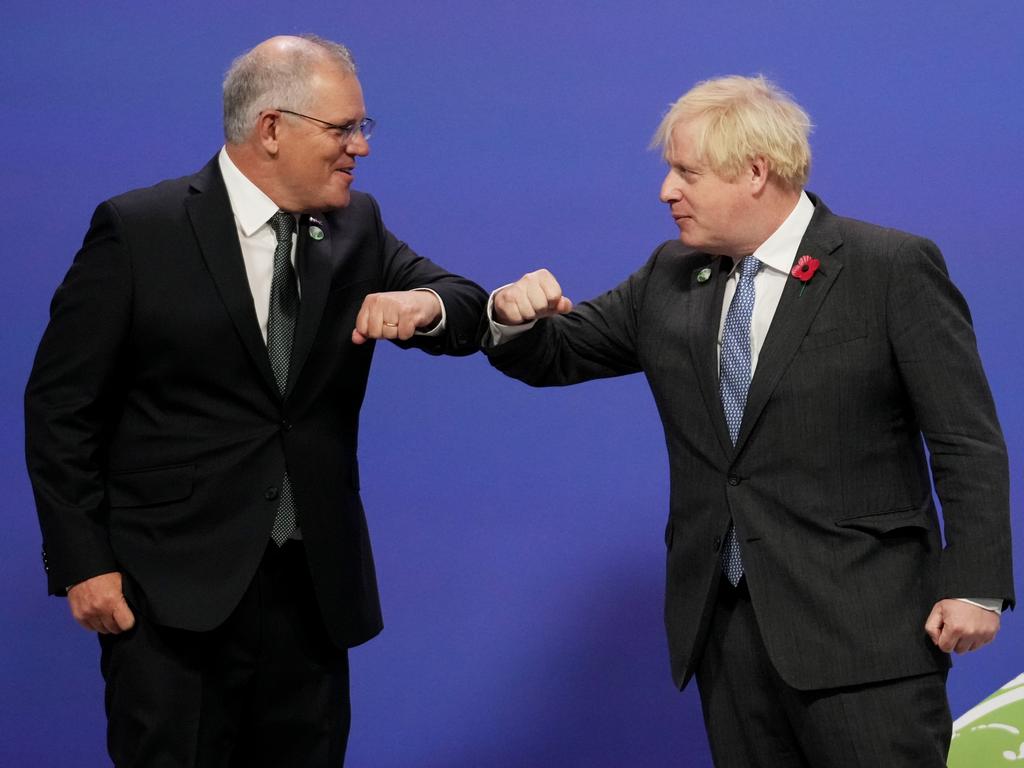

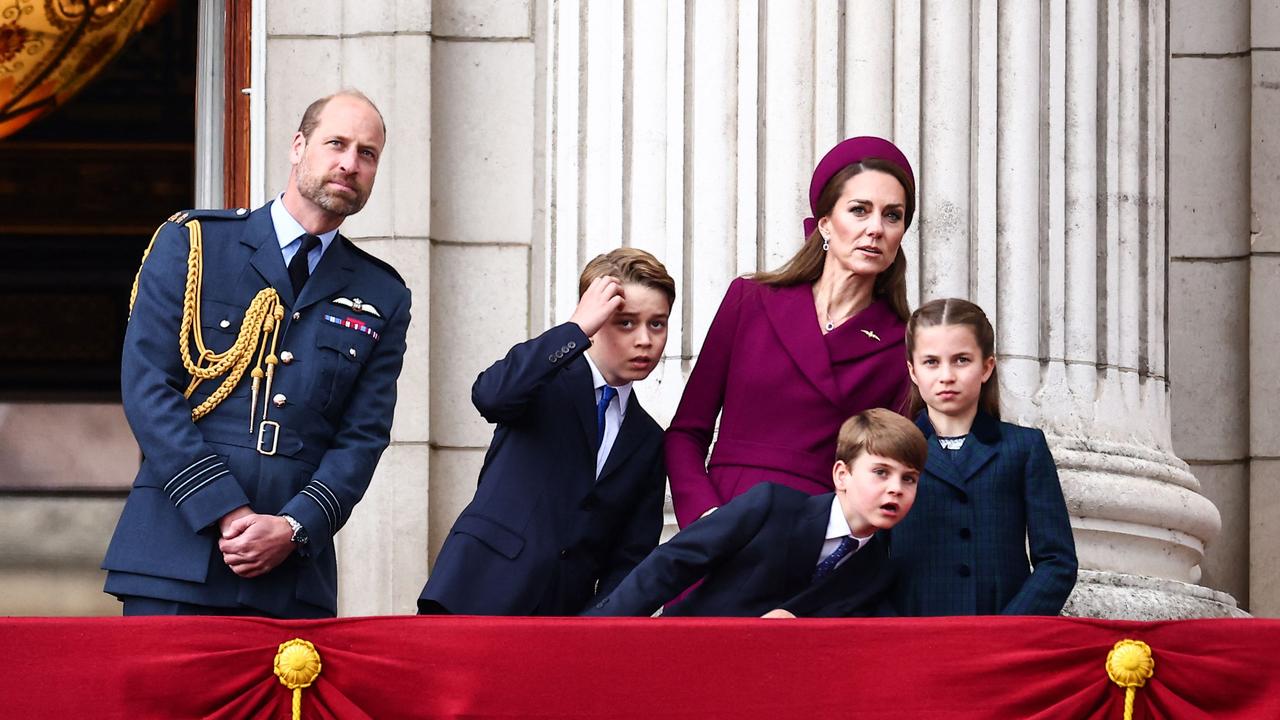
To join the conversation, please log in. Don't have an account? Register
Join the conversation, you are commenting as Logout